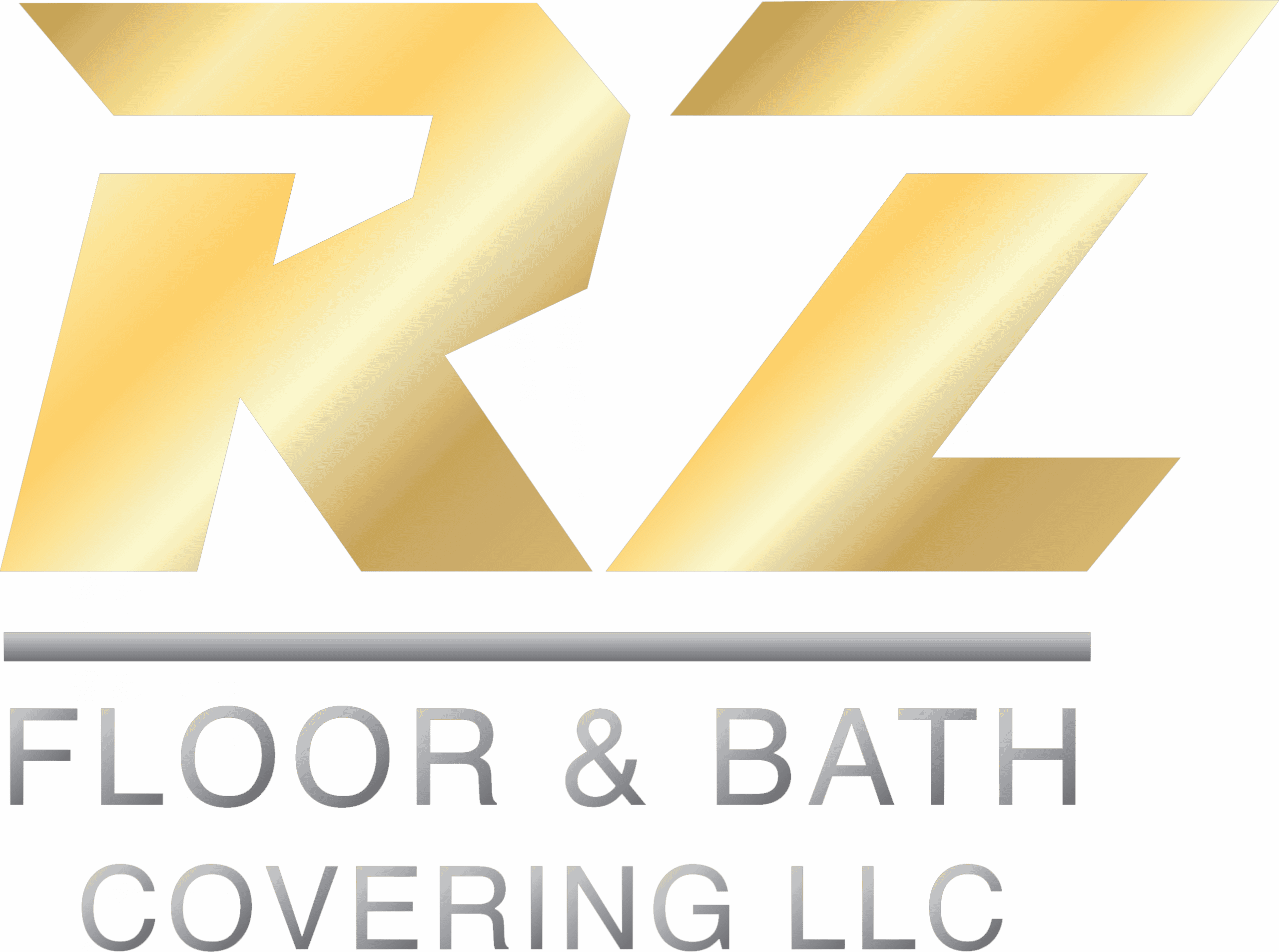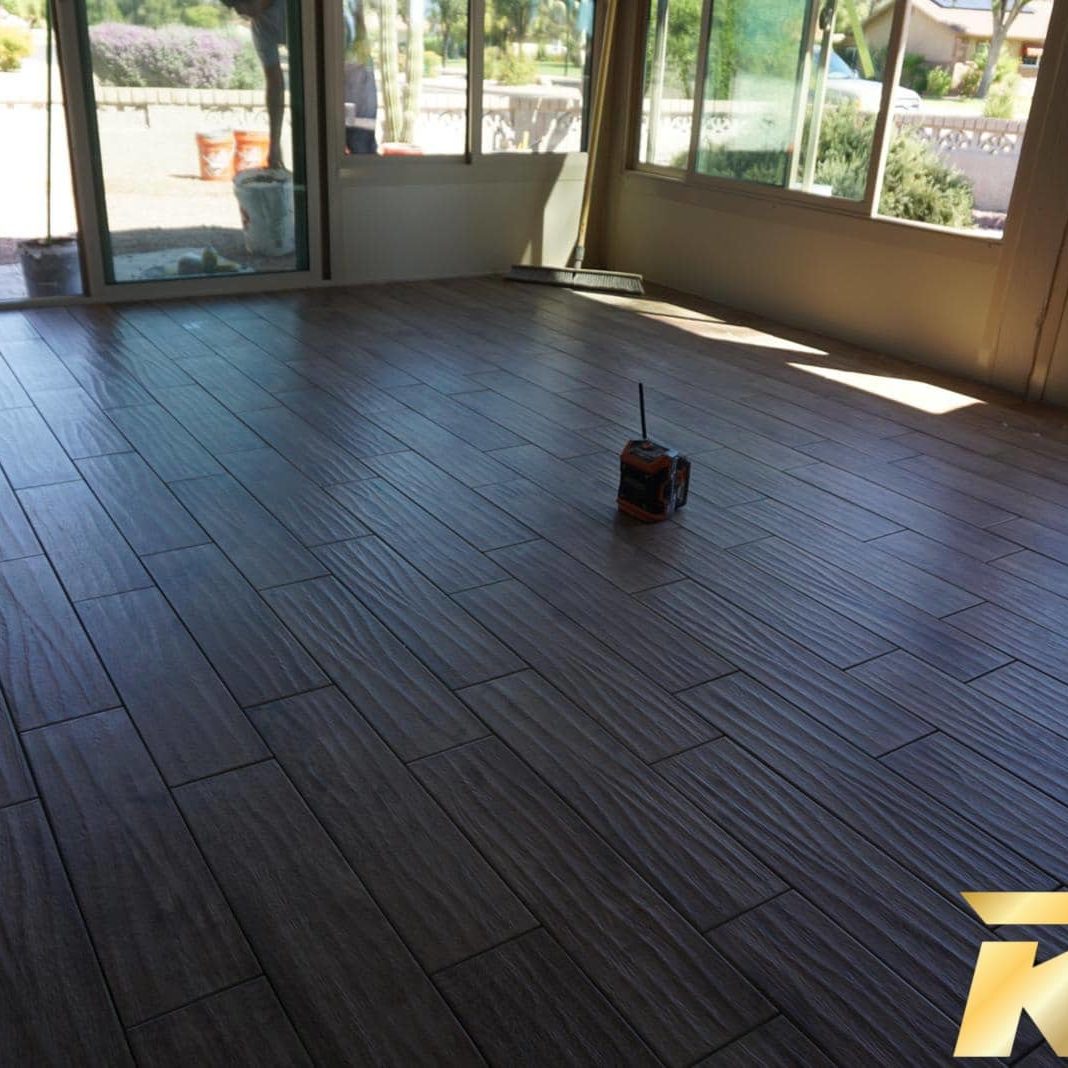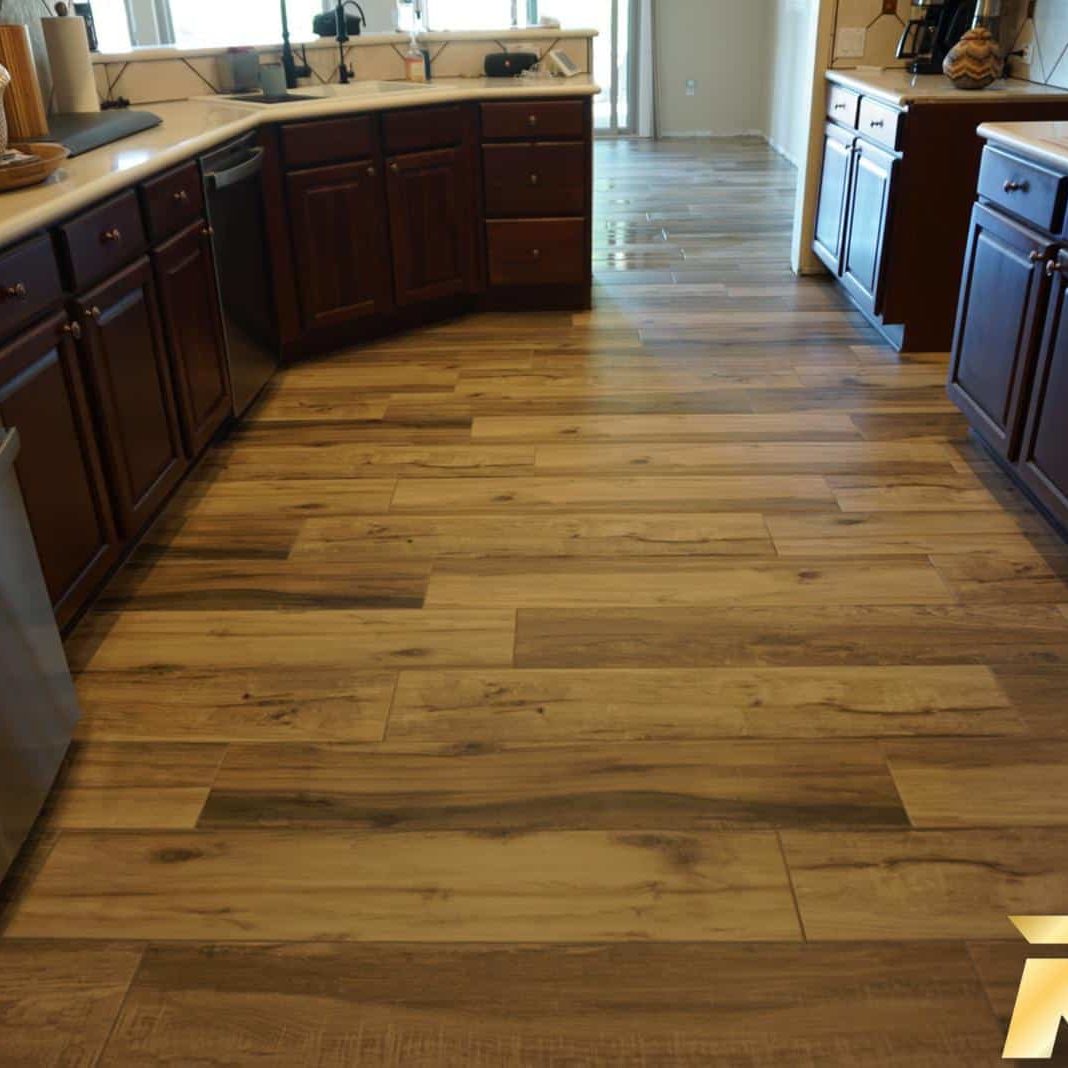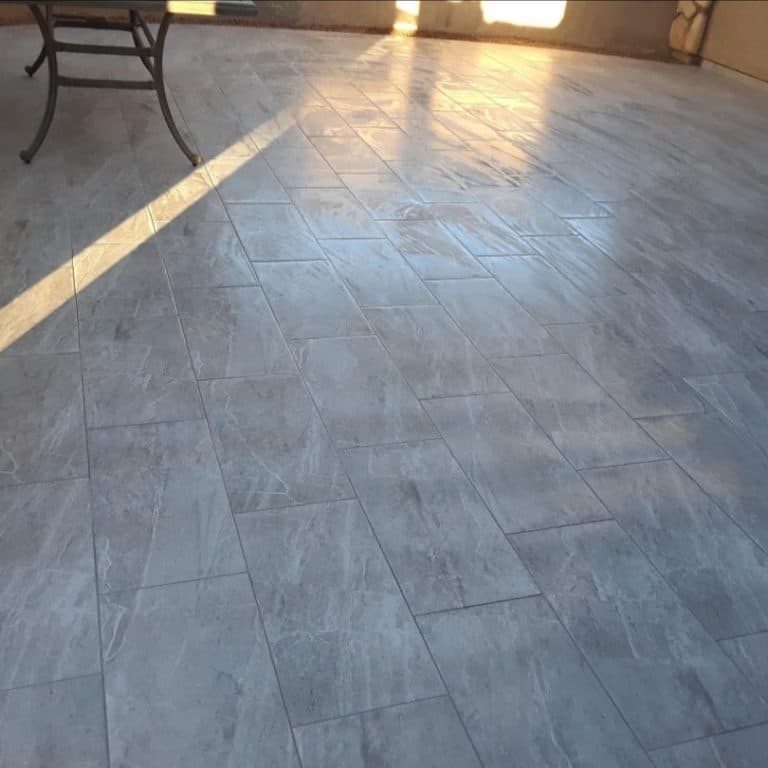Tile Floors
We understand that when it comes to flooring options, you have a lot to choose from. If you are looking for an option that is permanent, clean, and green you should be seriously considering porcelain tile.
There are many options when choosing the perfect tile for your flooring needs and not all are equal. We recommend shopping with a locally owned tile distributor. They are more likely to take the time to understand what you need and are more than happy to point you in the right direction. We offer consultation for all your tile projects.
When it comes to flooring many people skip some important steps. There are many significant questions to consider before mixing the thin-set and installing the tile on the floor. Is the floor level? Has anyone checked the uniformity to ensure that it meets the recommendations from the TCNA? (Tile Council of N. America) If installing directly over concrete, has your tile installer checked the absorption rate of the concrete to ensure a quality bond? Installing tile over a wood subfloor comes with its own unique set of challenges as well as a another set of tools and materials to perform the job correctly.
Preparation is key when it comes to tiled floors and if you want something that looks amazing for generations to come while adding value to your home, we are your contractor of choice! We do not recommend installing temporary flooring and the last thing you want to do is install an expensive porcelain tile on your floors only to have to remove it due to bonding issues or other tile installation failure.
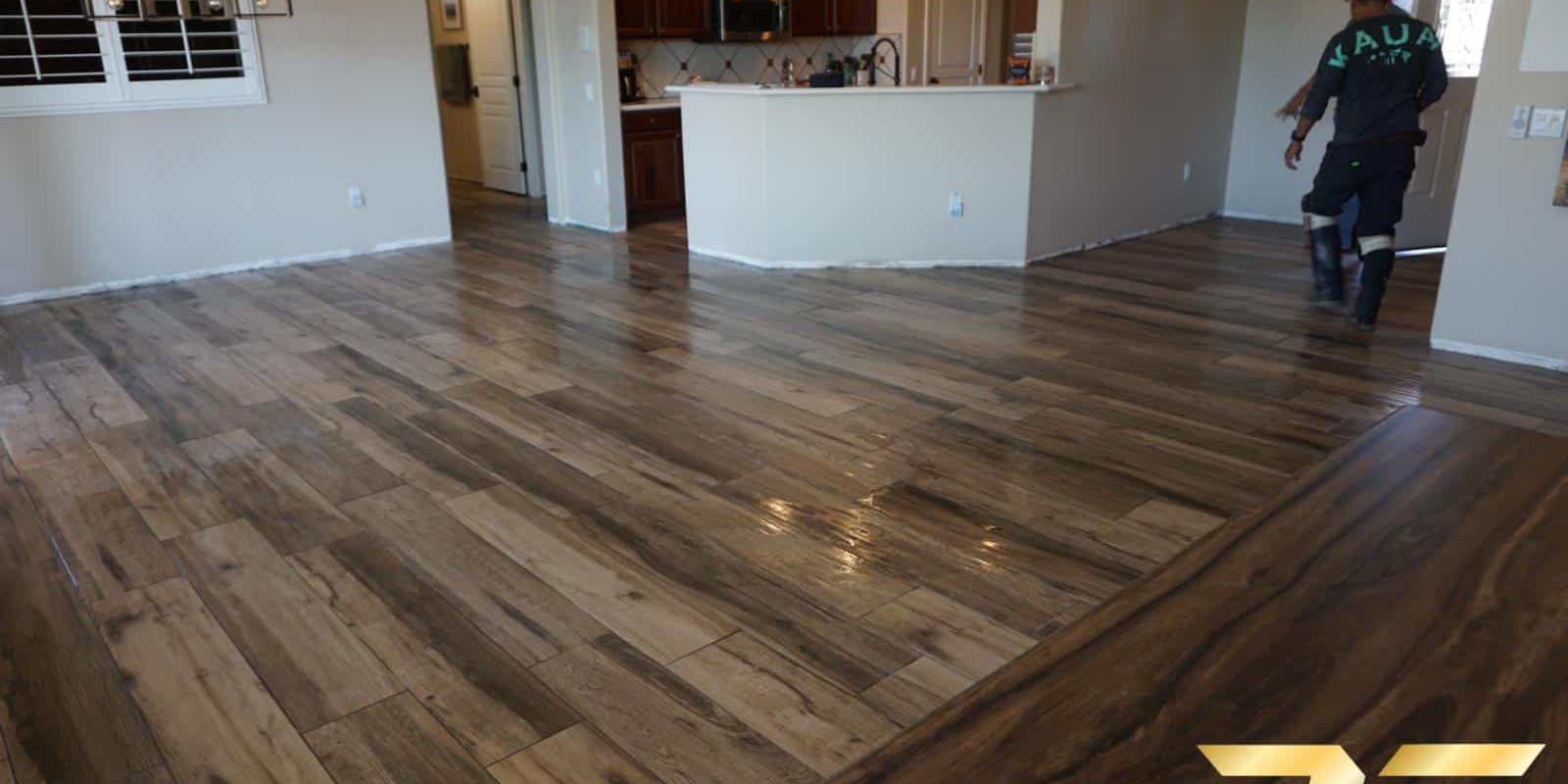
What Type of Tile for Your Floor?
We Recommend Porcelain Tile
If you are looking for longevity and durability with the least amount of maintenance, you should be shopping for a porcelain tile. Porcelain is by far the most durable tile on the market, but beware not all porcelain is created equal! Below is some information on the properties of porcelain tile to assist you in your shopping.
Porcelain tiles are typically made with "porcelain" clays that have specific properties. Typically, these tiles are dense and by definition, they have water absorption of 0.5% or less. Non-porcelain tiles have water absorption greater than 0.5%.
There are both glazed and unglazed porcelain tiles. It is important to know the difference, as the glazed variety is usually a little easier to clean. Typically, glazed porcelain tiles have filled in microscopic holes that could be present in the unglazed tile. On the other hand, unglazed porcelains may have better slip resistance.
Tile Classifications
Tile is classified into 4 categories: Non-Vitreous, Semi-Vitreous, Vitreous, and Impervious. The water absorption determines the best area of use for each tile.
Shade Variation
The Ceramic Tile Distributors of America has come up with a shade guide that applies to ceramic and porcelain tile. The Scale is V1-V4.
Shade variation is inherent in all tile products, including man-made tiles such as porcelain, glass and ceramic. Shade and texture will vary significantly from piece to piece within production runs. V1 shade variation has little or no change from piece to piece where a V4 will have a large variety of color and/or texture differences.
Dye Lots
Ceramic tile is a natural material with a natural composition which becomes resistant when fired at very high temperatures. This process, however, can cause slight differences in the shades of color of a tile between one batch and the next. Therefore, tiles are grouped before packaging according to their “dye lots” or shade and their caliber. The “dye lot” (or shade of that batch of material) is then indicated on the label of every box. This is why when placing your order for tile, it is very important to order enough tile to not only complete the job but also to have extra for any repairs that may need to occur sometime down the line. Five to twenty percent extra tile should be ordered depending on the specified pattern.
